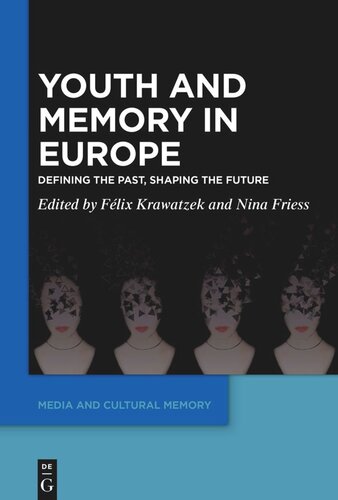

Most ebook files are in PDF format, so you can easily read them using various software such as Foxit Reader or directly on the Google Chrome browser.
Some ebook files are released by publishers in other formats such as .awz, .mobi, .epub, .fb2, etc. You may need to install specific software to read these formats on mobile/PC, such as Calibre.
Please read the tutorial at this link: https://ebookbell.com/faq
We offer FREE conversion to the popular formats you request; however, this may take some time. Therefore, right after payment, please email us, and we will try to provide the service as quickly as possible.
For some exceptional file formats or broken links (if any), please refrain from opening any disputes. Instead, email us first, and we will try to assist within a maximum of 6 hours.
EbookBell Team

4.3
38 reviewsOpen Access
This volume contends that young individuals across Europe relate to their country’s history in complex and often ambivalent ways. It pays attention to how both formal education and broader culture communicate ideas about the past, and how young people respond to these ideas. The studies collected in this volume show that such ideas about the past are central to the formation of the group identities of nations, social movements, or religious groups. Young people express received historical narratives in new, potentially subversive, ways. As young people tend to be more mobile and ready to interrogate their own roots than later generations, they selectively privilege certain aspects of their identities and their identification with their family or nation while neglecting others. This collection aims to correct the popular misperception that young people are indifferent towards history and prove instead that historical narratives are constitutive to their individual identities and their sense of belonging to something broader than themselves.